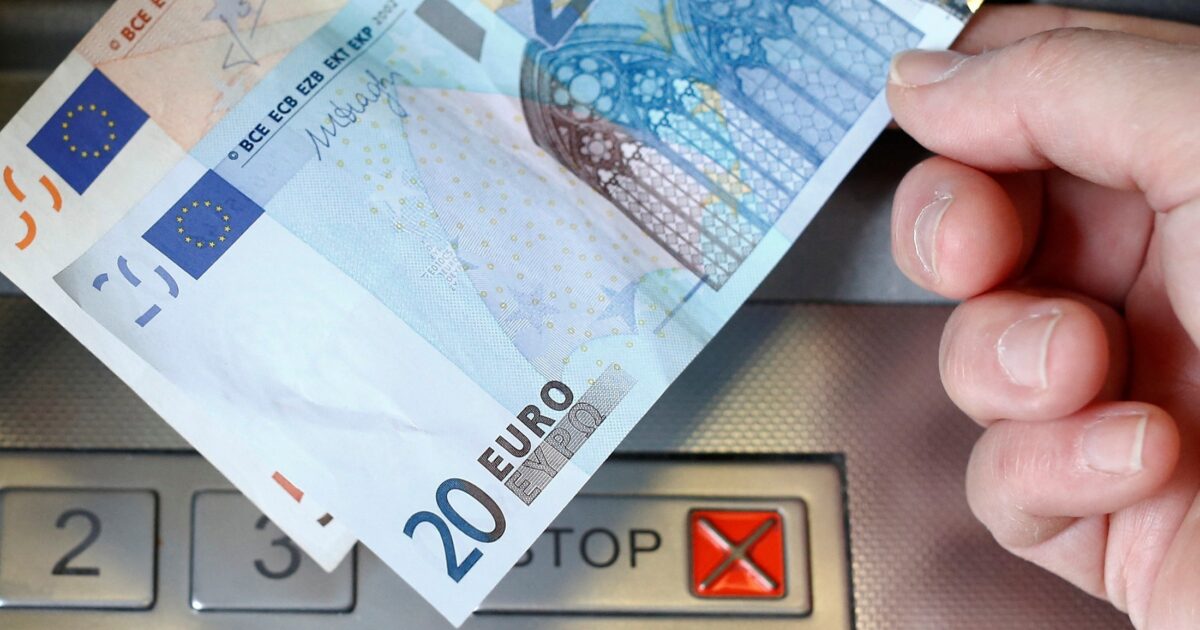In an attempt to bridge the gap between the savings and investmentthe European Union (EU) presented yesterday (12.06.2025), in Brussels, the plan for the creation of a new “Savings & Investments Union – SIU).
The initiative to associate between savings and investment was announced at the European Commission’s annual Conference and the European Central Bank on financial integration.
It is recalled that this initiative had been discussed in the context of EU Top Summit in March.
SIU is a new roadmap that aspires to mobilize the huge reserves of European households – almost 30 trillion. euro – turning them from inert savings into productive investment lever.
The Commission argues that Europeans, and especially the Southerners, are used to maintaining much of their savings in bank accounts without substantial performance. The plan aims to create European investment – savings accounts with tax and institutional incentives, so that citizens are encouraged to place their funds in more efficient forms: from investment funds and green bonds to low -risk European financial products.
The case of Greece
In Greece, households, as wealth, have the largest percentage, concerns bank deposits, not so much because of high savings, but a very low investment rate, as opposed to other European countries. Specifically, about 36% of financial assets in the EU include shares and shares of investment funds, with Greece at the lowest levels in pure investment products.
The ambition of the EU plan is that especially for such cases, citizens will be given the opportunity to use their savings more actively, without the need for specialized knowledge or high capital.
The aim is that with the appropriate tax and banking tools, to enhance the financial participation of the average citizen, as well as to head domestic resources in productive sectors.
The next step is to establish European legislation within 2025, so that the Member States can adapt their national systems.
